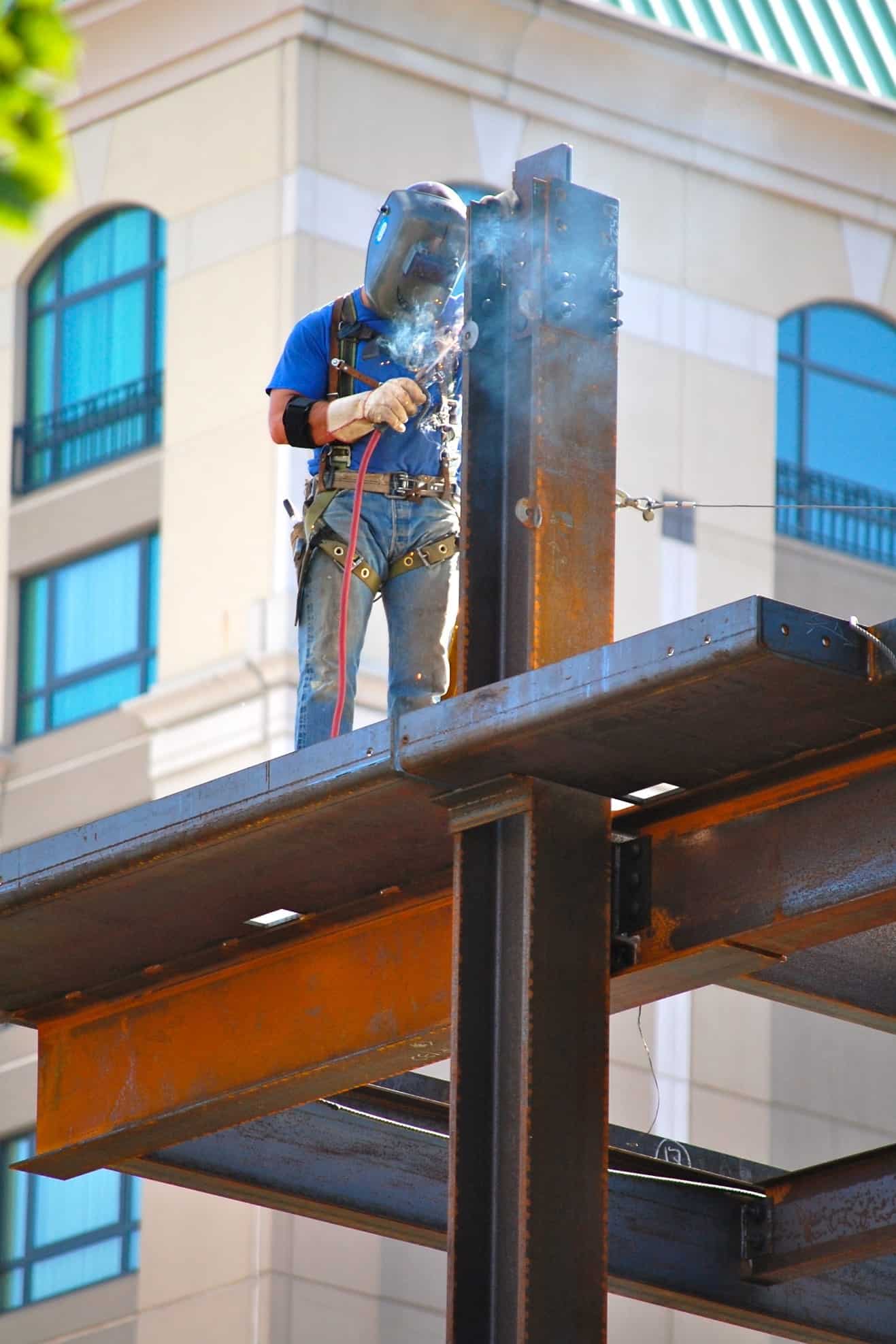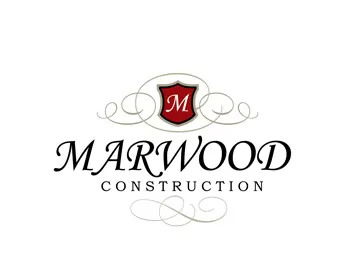
Avoiding costly construction delays is one of the most important goals of a building team when planning and executing a building project.
The construction of any building or facility is a complex process involving multiple players and factors.
Thus, even when the commercial construction project has been meticulously planned for completion within a specified time and cost, there are factors that can cause construction delays with the property, notwithstanding the best efforts being put by every stakeholder.
Avoiding such construction delays becomes important to not only meet the job deadlines but to achieve contracting profitability goals as well.
In a best-case scenario, costly construction delays can reduce the credibility of the ownership entity and/or commercial general contractor executing the commercial contracting work.
And on the flip side or a worst-case scenario, the commercial builders can be sued for nonperformance damages.
In common parlance or understanding, a construction delay in the building process would mean taking extra time to complete the scope of work beyond the stipulated time that project stakeholders had agreed upon initially.
Damages are realized when schedule delays keep the owner’s business from opening and operating. These construction delays cause lost revenue as well as interest expense associated with the interim loans.
This may reek of inefficiency unless there are compelling reasons involving variables or factors that are beyond anyone’s control.
Let us discuss the reasons that can cause construction delays and the way to avoid them. At the same time, you may read our resource on how to go about planning and executing a commercial construction building.
Learn the Common Causes of Costly Construction Delays
Top reasons for construction delays and the ways to avoid them
Topic Summary;
- Change in the project scope
- Poor weather conditions
- Ineffectual construction management
- Design flaws
- Inadequate planning
- Unprofessional subcontractors
- Unexpected changes
Construction delays can be a drag on commercial general contractors creating cost overruns and saddling them with a financial burden.
These delays can happen when seemingly avoidable issues are allowed to linger and incremental deadlines are missed.
We can classify construction delays caused by changes as either elective, which are chosen because they will benefit the project or non-elective, which occur but have a negative impact on the contracting goals.
The top reasons causing delays in commercial renovation or new commercial contracting are as follows:
#1 Change in the project scope:
The scope of work in a commercial construction project defines the performance deliverables or outcomes to be expected at the completion stage.
However, a poorly defined scope of work at the initiation of the job can result in cost overruns as aspects such as design documents, the estimation of quantity, cost, schedule, quality, and procurement are usually determined from it.
These would be examples of non-elective changes imposed upon the building.
The scope of work may change due to funding issues, miscalculating the risks and uncertainties, force majeure, and a change in design, etc.
Such a change or modification can lead to the revision of budget, schedule and/or methodologies, quality assurance and/or procurement plans, among others. In other words, any change in the initial scope of work can entail a change in time, cost, and resources against the initial baseline.
Hence, to have control over the changes made in the scope of work, it is important to first understand that the elective changes are inevitable and will ultimately benefit the subject property.
Also, there is a need to take a proactive approach in integrating the change in scope, the stakeholders, and their requirements throughout the building lifecycle.
The process also entails establishing the key performance indicators such as contracting milestones.
Further, to avoid getting caught in procedural bottlenecks and disputes, it is important to seek approval for the changes in scope from the project owner(s) and communicating the same to every other stakeholder.
In case you are envisioning remodeling a property, you may read our blog to know why you should hire a commercial remodeling contractor.
#2 Poor weather conditions:
This is mainly related to outdoor projects where poor weather conditions in the form of rains, storms, or snow can leave them behind schedule. Weather would be an example of non-elective changes imposed on the schedule delays.
Such type of construction delays can leave the owner to stare at uncertainty and cost overruns.
For instance, if excavation work is underway for a commercial civil work, rains can play havoc by turning the place into a cesspool where concrete and masonry and other similar types of activities cannot be performed.
Similarly, high winds can stop a roofing job or work in a high-rise contracting. The contract should have a force majeure clause to ensure the project owner does not have to pay damages caused by weather.
It is a good idea to have rescheduling activities such as pouring concrete as per the expected weather pattern and arranging water pumps at the job site to drain any accumulated water.
#3 Ineffectual construction management:
Working with a commercial general contractor lacking in experience and technical knowledge can cause construction delays.
The person may create scheduling gaps with other subcontractors if, for instance, the electricians suffer setbacks due to walls being covered too early.
Such a delay can lead to a domino effect of multiple delays and the project falling behind schedule by a long margin.
This is the reason why it is advisable to hire knowledgeable and experienced commercial contractors for commercial renovation or new construction and mitigate such oversights.
#4 Design flaws:
It is possible to have design flaws in the building plans prepared by the architect or designer. If these are not identified and corrected at the design stage, the seamless execution of the work can come into question.
For instance, there can be scenarios wherein dimension flaws in the plan design are identified by commercial contractor during the building process.
These can happen even after third-party architects have signed off on blueprints resulting in delays as the flaws need to be corrected by rebuilding or removing portions of the building.
Hence, it is important to hire experienced commercial general contractors and bring every project stakeholder to the table where any oversights concerning design flaws are mitigated.
#5 Inadequate planning:
Planning in the context of a commercial contracting means identifying work activities or tasks that can deliver the expected results within budget and time.
Planning and scheduling are critical task required by commercial general contracting firms.
Since there are plenty of professionals involved in a building project, a master scheduler should incorporate every aspect of work activity into the plan to derive the optimal outcomes.
The planning may include computing the quantity and cost of materials, equipment, human resources, and the time to complete various phases of the building process.
The task scheduler should take into account certain time-consuming activities such as concrete curing, applying prime coating, and laying concrete layers, among others.
Hence, it is important for the construction management team to plan for the construction activities in a manner that ensures a seamless flow of work and value for money.
#6. Unprofessional subcontractors:
Subcontractors are important stakeholders in the building process, be it commercial remodeling, renovation, or new construction.
However, what happens if the subcontractors turn out to be unreliable and unprofessional who while away their time in unproductive work.
Also, there can be subcontractors who do not have the proper crew size, training, and technical experience in executing their given work assignments causing delays.
For instance, if the flooring work is poorly installed and was expected to take 4 days, the removal and reinstallation will result in unplanned schedule delays beyond the initial 4 days.
So, it is important to hire qualified trade subcontractors and know beforehand their expertise in completing scope of work activities.
Subcontractors should always be held accountable for delivering results as part of their contractual responsibilities.
The owner and/or the commercial builder should set high standards of workmanship where excuses are frowned upon and the best performer rewarded.
You may view our video to know the job of a general contractor in commercial construction.
# 7. Unexpected changes:
Any commercial construction project can face unexpected changes that were not envisaged during the planning stage.
Such changes may involve the emergence of a requirement that was not expected earlier or the changing preferences of the client or property owner.
For instance, the client or the project owner may ask the commercial contractor to change the electrical layout, floor plan or other feature to the property after commencement.
Managing such expectations is a skill that is necessary to maintain an effective construction schedule and work flow when the building process is underway.
And if the change comes from the contractor or builder, the client or property owner should know the rationale behind the change and the delay it may cause. Either way, the change(s) may cause the timelines to stretch further.
Conclusion
There can be umpteen reasons for any commercial construction process to experience delays.
However, these changes can be managed smoothly if both the client and the contractor are flexible in incorporating them for the betterment of the building process.
There should be a clear line of communication between the client and the commercial builder about the big-picture progression of work.
It is important to engage the commercial construction services of well-trained, efficient, and focused subcontractors to ensure the timely completion of a commercial contracting scope.
You may further read a blog to know about the top reasons to cause delays in a construction process.













